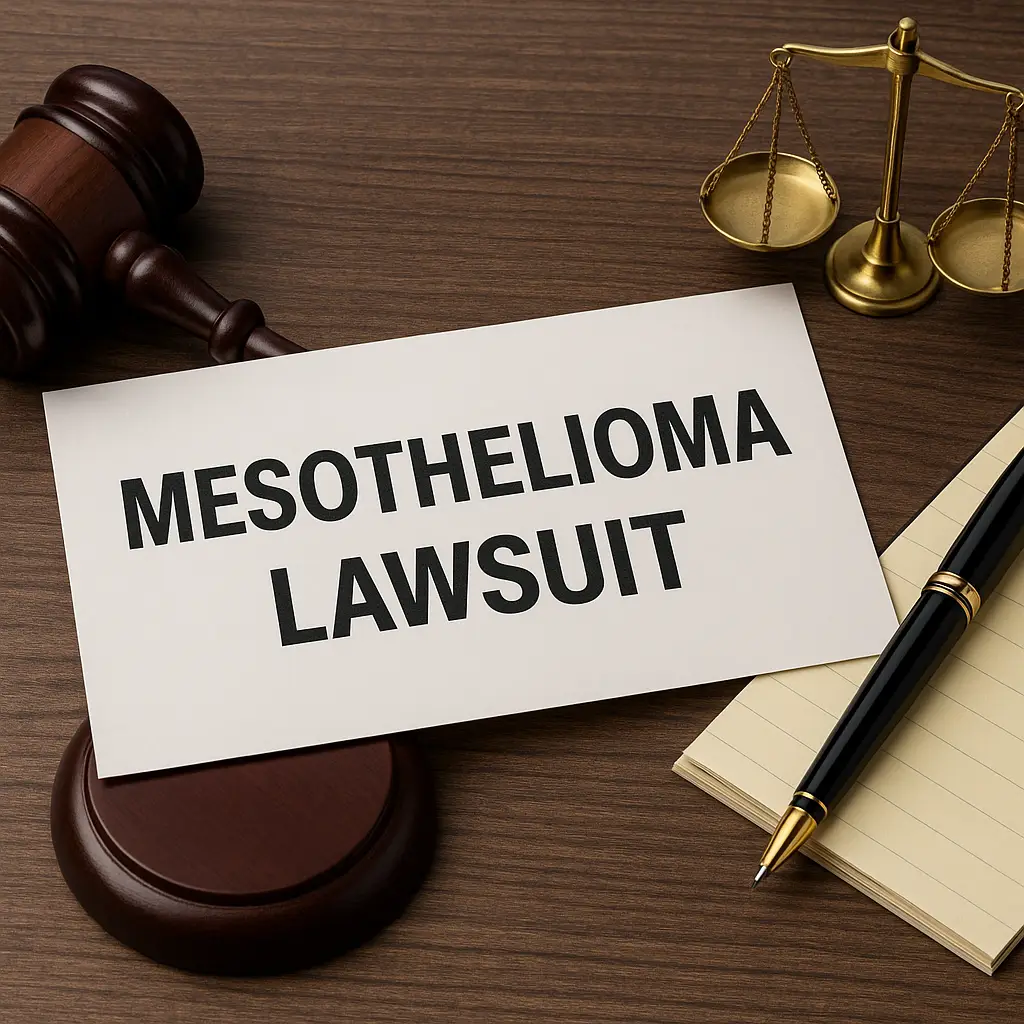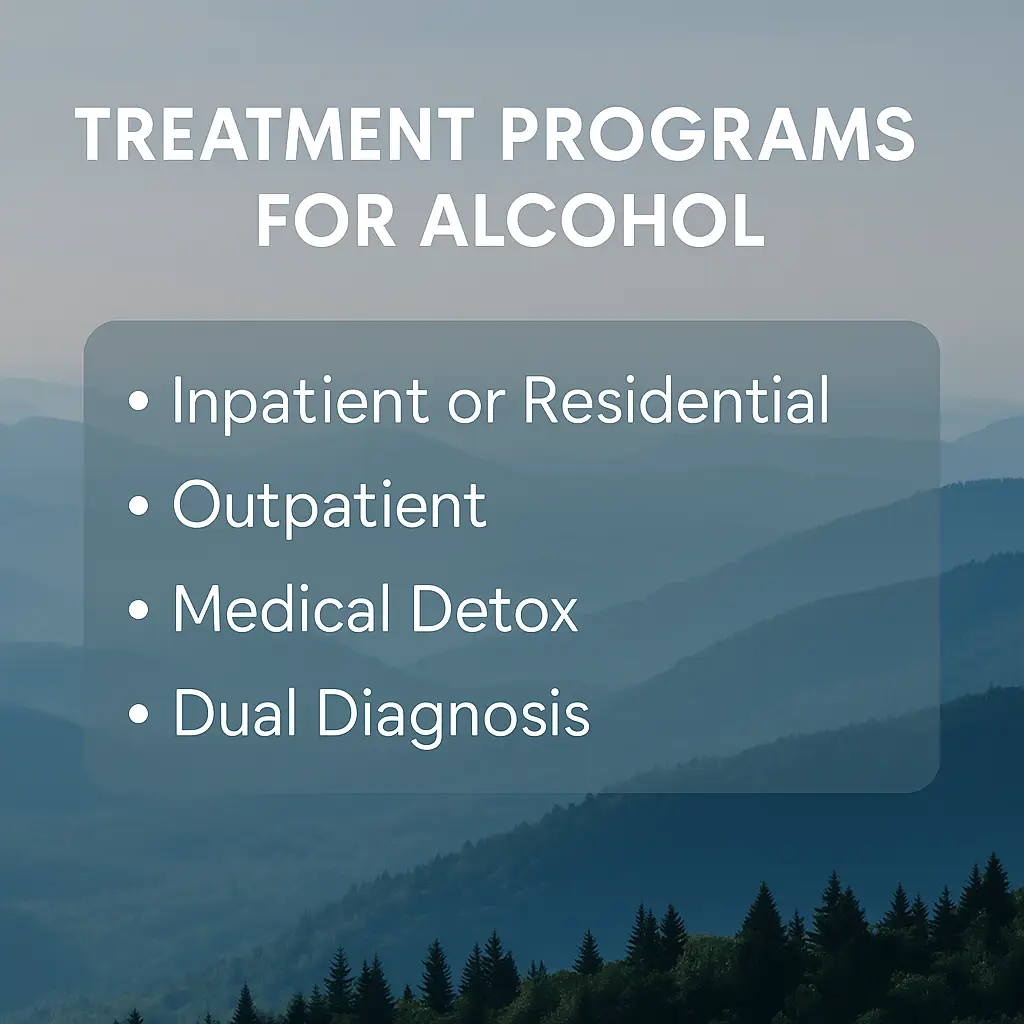Choosing the Right Rehabilitation Center for Alcohol Addiction: A Comprehensive Guide
Chronic Alcoholic or alcoholic addiction is a disease that affects millions of people all over the world. It has the potential to influence all areas of life — from health to relationships, careers and mental well-being. The good news is that it’s possible to recover, often starting by finding help from a trusted alcohol addiction rehabilitation center.
In this post, we’ll cover everything you need to know about alcohol rehab centers… everything from various types of programs, how to find a good one, what to expect and what’s next on the road of recovery.
Understanding Alcohol Addiction
Alcohol use disorder (AUD) is so much more than just “drinking too much”, but most people think it’s just someone who likes to drink a lot! It is a medical disorder defined by the inability to stop drinking despite well-founded negative consequences. Symptoms of AUD can include:
- Cravings for alcohol
- Withdrawal symptoms from not drinking
- Increased tolerance
- Neglecting responsibilities
- Use in spite of difficulties
Untreated alcoholism can further develop into devastating physical, mental and social repercussions. It is for this reason that reaching out to a rehab for alcoholism can be imperative.

What is an Alcohol Rehabilitation Center?
An alcohol rehab treatment center is a place specially created to help individuals who are struggling with alcohol addiction. They offer structured settings, medical monitoring and rehab services for people trying to get clean and stay that way.
Rehabilitation Centers there are various kinds of rehabilitation center and each one has their own treatment methods. The most frequent ones are:
1.Inpatient Rehabilitation Centers
Inpatient or residential rehab centers mandate that patients reside in the facility for a predetermined length of time, typically 30, 60 or 90 days. This intense program is designed for those with extreme addiction or those who have previously relapsed.
Advantages of Inpatient Rehab Some of the benefits of inpatient rehab are:
- Medical and emotional support around the clock
- A focused, clutter-free setting
- Detox services and therapy available to them
- Support from other recovering peers
2. Outpatient Rehabilitation Centers
While receiving therapy and treatment during the day or evening, outpatient enables people to live at home. This solution is great for someone with good support and lower levels of addiction.
Outpatient rehab includes:
- Outpatient Programs (IOP)
- Partial Hospitalization Programs (PHP) You live in the real world, not a bubble.
- Standard outpatient therapy
3. Private Luxury and Executive Rehabs
These luxury facilities offer perks including private rooms, gourmet meals, fitness centries and spa treatments. They are made for people who desire the most comfort during therapy.
4. Faith-Based and Holistic Programs
Some rehab facilities may use spirituality, alternative medicine, or holistic practices such as yoga, meditation, acupuncture, and nutritional therapy.
| Read more… Understanding the Role of a Personal Injury Lawyer: A Complete Guide |
Key Elements of Alcohol Rehab Treatment
Though the method varies from one rehab center to the next, virtually every effective program includes a few key components:
- Detoxification
That means first going through alcohol detox. It is the process of removing alcohol safely from the body under medical care. Detox is physically and emotionally difficult and can be deadly to those with long-term addiction; professional care is necessary. - Individual Therapy
Individual counseling allows patrons to dive into the reasons behind an addiction, learn coping mechanisms, and establish personal goals. One of the most popular tools practiced during alcohol rehab is cognitive behavioral therapy (CBT). - Group Therapy
Peer support Peer support groups offer a sense of community in shared experiences. In addition to treating the medical condition of addiction, many rehab facilities include 12-stepprograms, where participants gain support by attending meetings with other members of Alcoholics Anonymous (AA) or similar “recovery fellowships” such as SMART Recovery. - Family Counseling
Addiction is a family disease. Family therapy sessions assist in restoring trust, enhancing the communication, and aiding the loved one’s recovery. - Independent Living and Aftercare planning
Rehab is not just going without alcohol — it’s establishing a whole new life. A number of centers provide life skills training, job readiness efforts, and aftercare plans to prevent relapse and ensure longer-term success.
How do you Choose the Best Rehab for Alcohol Addiction
There are many alcohol rehab centers to choose from, and finding the best one can seem a bit daunting, however, when you start by asking the right questions to the centers in consideration, it just might not be so intimidating. Here’s what to think about:
- Accreditation and Licensing
Find rehab centers that are certified from accreditation organizations such as The Joint Commission or CARF. This ensures that the center provides the highest possible level of care. - Customized Treatment Plans
No two people’s story of addiction is the same. The top centers structure customized treatment programs around specific requirements, co-occurring addictions, and goals for recovery. - Qualified Staff
Make sure the rehab has licensed therapists, addiction counselors, and medical professionals who know how to treat alcohol addiction. - Dual Diagnosis Treatment
When you or a loved one is struggling with a substance use disorder and a mental health disorder such as anxiety, depression, or trauma, it’s important to find a dual diagnosis rehab that can address both conditions at the same time. - Location and Environment
For some people peace and tranquility is the nourishing way to go, for others it is an urban lifestyle nearer home. Pick a place that corresponds to your style of recovery. - Cost and Insurance Coverage
- Treatment expenses differ significantly from one place to the other. Find out if the rehab center takes your insurance and if they have sliding scale fees or lending options to help cover the cost.
What Happens When in Alcohol Rehabilitation
Knowing the path of recovery can help minimize the anxiety and know what to expect. Here is a general idea of what goes on in an alcohol rehab center:
- Evaluation: You receive a medical and psychological assessment to figure out your specific treatment plan.
- Detox: Planned withdrawal from alcohol or other drugs, frequently with medication to reduce withdrawal symptoms.
- Therapy vs group: Participation in individual- and group-and-individual-counseling sessions.
- Wellness Focus: Offerings of well-being programs like yoga, fitness, nutrition, and mindfulness.
- Family Participation: Involvement of family members in treatment and intervention groups.
- Aftercare: Planning a strategy to avoid relapse after treatment.
Create a Life After Rehab: And The Road Goes On
Recovery isn’t over when rehab is. It Takes So Much Work to Stay Sober. Here’s some key post-rehab approaches you should consider:
- Attend Support Groups: Keeping up with AA or similar groups encourages them to stay on track.
- Psychotherapy/Counseling: Continuous emotional support can help keep relapses at bay.
- Sober Living Homes: Transitional housing provides structure and support as you transition back to daily life.
- Healthy Habits: Add exercise, diet, fun, and friendships to your life.
Advantages of Professional Help
Attempting to recover from alcoholism on your own can be unsafe and ineffective. An alcohol rehabilitation center offers the tools, the knowledge and support to help create actual, lasting change.
Key benefits include:
- We do have medical supervision of the detox process
- Evidence-based therapies
- Emotional and peer support
- Long-term relapse prevention
- Restoring esteem and relationships
Final Thoughts
Choosing a rehab for alcohol dependency is a courageous and life-altering decision. If you or a loved one is struggling, professional treatment is the first step towards long–term sobriety and a healthier future.
Detox, counseling, aftercare, and support: Rehab centers are intended to help people rid themselves of their addiction and return to a normal, healthy lifestyle. You may be struggling with this for some time, but it’s never too late to seek help. It only takes one step to get healing started — and that step might be today.
[ This article is for informational purposes only and does not constitute legal or medical advice. ]



